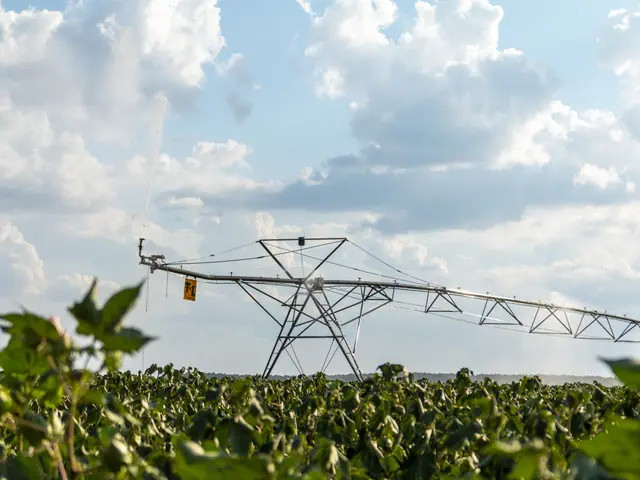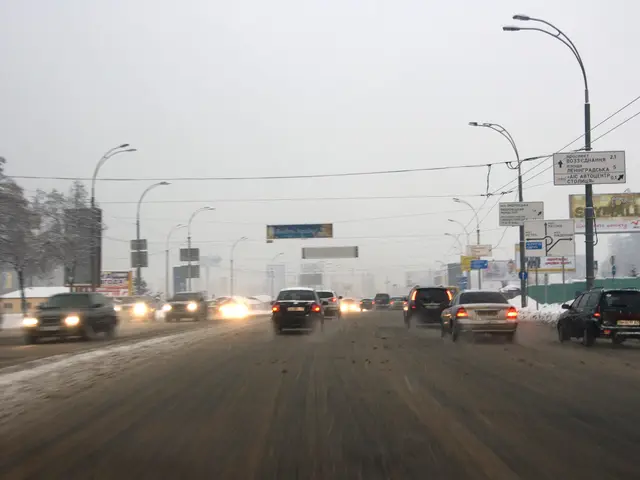Thai Political Party, Pheu Thai, to Utilize Administrative Court Law in Pursuit of Reduced Sentence for Yingluck
The Pheu Thai Party has announced its intention to seek a reduction in the financial penalty imposed on former Prime Minister Yingluck Shinawatra in connection with damages from the rice-pledging scheme. The party plans to invoke Article 75 of the Administrative Court Procedure Act, aiming to reconsider the amount Yingluck has been ordered to pay following the Supreme Administrative Court's ruling against her.
Thursday's Supreme Administrative Court ruling held Yingluck liable for failing to prevent a fraudulent government-to-government (G-to-G) rice deal, ordering her to pay 10.028 billion baht—halving the total damages from the scheme. However, Pheu Thai spokesman Danuporn Punnakan states that new evidence will be presented under Article 75, which allows parties in concluded cases to submit new evidence within 75 days for reconsideration.
This new evidence pertains to the sale of 18.9 million tonnes of rice from government stockpiles last year—sales that occurred post-inquiry and were not factored into the court's damage assessment. By utilizing the value of these rice sales, the party aims to argue that the actual damage to the state is less than initially determined, potentially leading to a reduction in Yingluck's financial penalty.
The Pheu Thai Party views Yingluck's case as politically motivated, emerging post-2014 military coup with the scheme's failures cited as part of the coup's justification. By invoking Article 75, the party challenges what it perceives as a politically driven verdict.
In response to criticism that the party has focused solely on defending Yingluck while ignoring Article 112 cases, Danuporn explains that the party is supporting a draft bill for amnesty, aiming for parliamentary deliberation on 9 July.
Related news:
- Yingluck's lawyers push for retrial in rice pledging case
- Yingluck speaks out after court orders over 10 billion baht compensation
- Full verdict orders Yingluck to pay 10bn baht over G2G scandal
TAGS:
- Pheu Thai
- Yingluck
- Supreme Admin Court
- Administrative Court
- Rice Pledging Scheme
- rice pledging
- The stock market and economy might be influenced by the Pheu Thai Party's attempt to reduce the financial penalty imposed on former Prime Minister Yingluck Shinawatra, following the Supreme Administrative Court's ruling against her in the rice-pledging scheme case.
- The politics surrounding Yingluck's case are evident, as the Pheu Thai Party perceives it as politically motivated, stemming from post-2014 military coup and the scheme's failures being used to justify the coup.
- The general news also highlights the Pheu Thai Party's efforts in challenging what they perceive as a politically driven verdict, by invoking Article 75 and presenting new evidence for reconsideration, which may bring changes in policy-and-legislation and future government deals.








